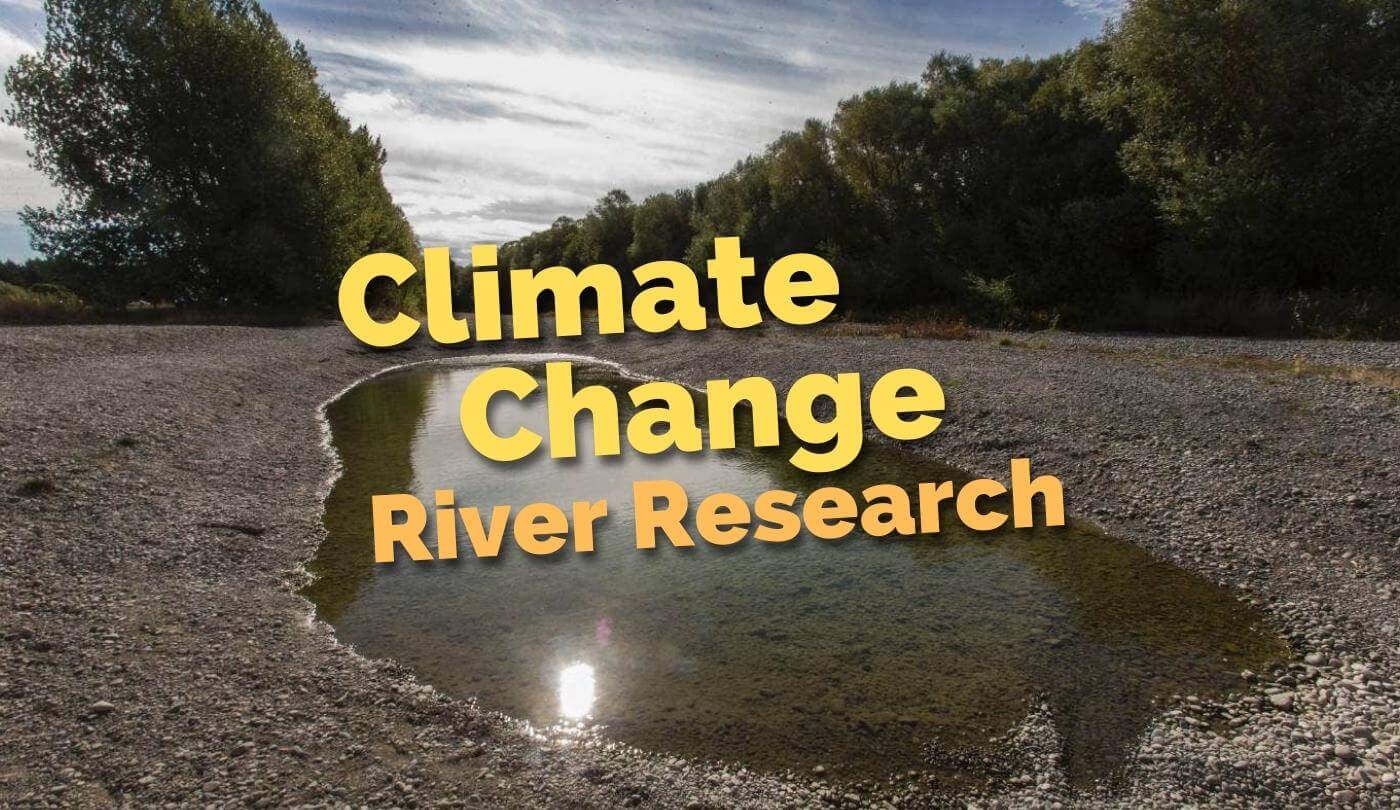
Climate change is a difficult beast to tie down, due to so many unknowns. The Ōpāwaho Heathcote River Network (OHRN) believes that understanding the foreseeable effects of climate change on the river, on its catchment and on the community which lives beside the river is so important that it is embarking on a research project around this with the support of funding from the Christchurch City Council’s Environment Partnerships Fund.
The first stage of this project will assemble a desktop review of the foreseeable impacts of climate change and climate change mitigation on the Ōpāwaho Heathcote River, and potential adaptation options. A key focus of the study will be to facilitate community-wide engagement with the science and the decision-making involved.
Climate change is projected to alter air temperatures, precipitation patterns, and sea levels with a range of impacts for urban and coastal river systems, such the Ōpāwaho Heathcote River. Further impacts may stem from climate change mitigation efforts themselves.
In order to guide adaptation and mitigation planning, it is important that the community develops a broad understanding of the foreseeable impacts of climate change, and how local government and local communities may approach the decision-making process.
The OHRN will engage Dr Daniel Collins, to conduct the first stage of the project. Daniel is a hydrologist and climate change researcher and is Director of Pūtahi Research. He has served as a contributing author on Aotearoa New Zealand’s water resources for two IPCC reports, including the latest.
“We are excited by the forward-looking and timely nature of this project”, says Annabelle Hasselman, Chair of OHRN. “We are very fortunate to have someone with the specific skills of Dr Collins to undertake this research.”
Dr Collins expects to complete his initial report by December 2022. It will be packaged into a document the community will find accessible and will include plain English and te reo Māori summaries.
Stage 2 of the project will enable the community to participate in hands-on interaction with the report’s content to broaden an understanding of how decision-making in a climate change-induced environment can lead to positive community action.

